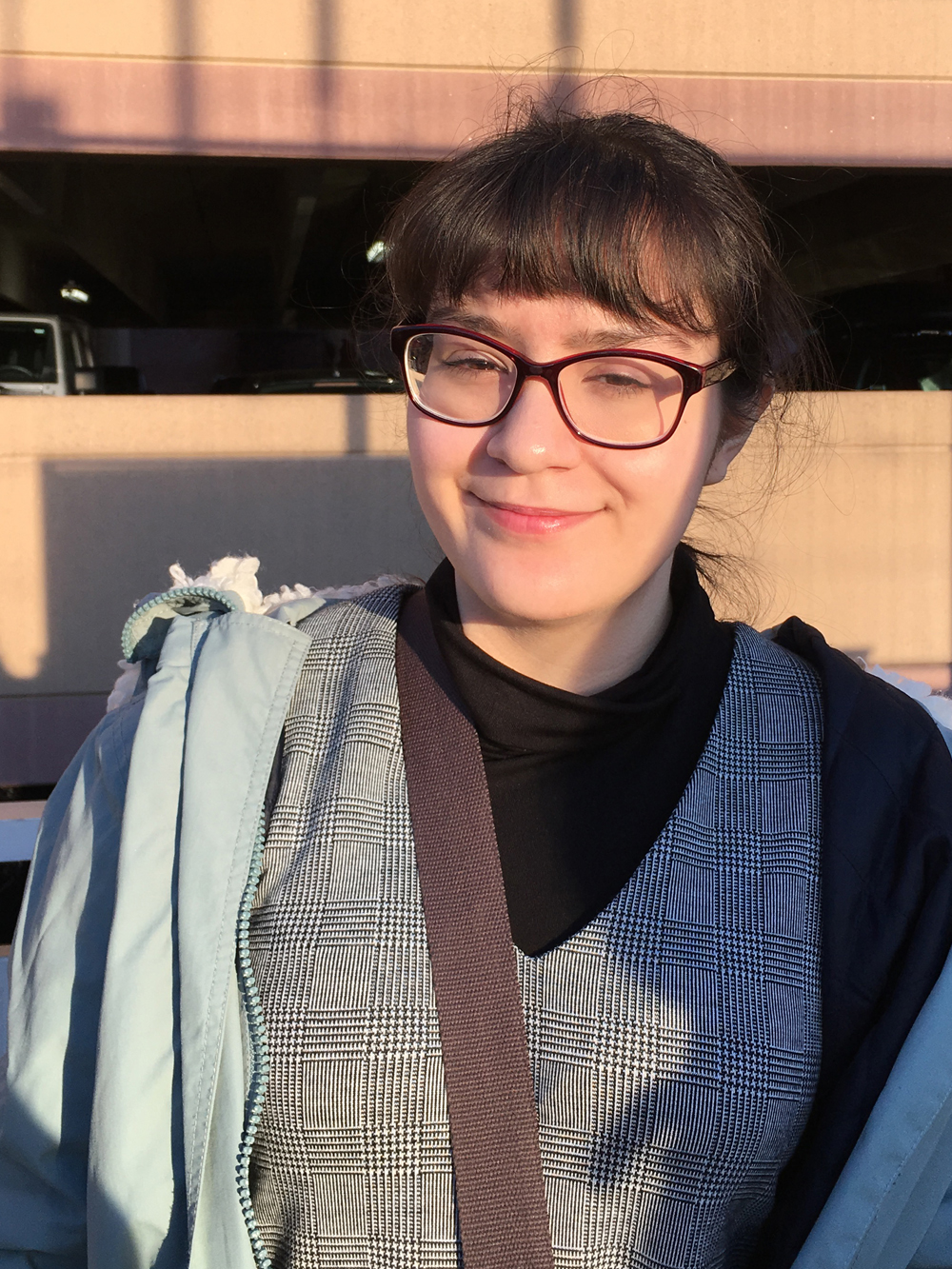UN-CSW 2018 |International Collaboration | Events Feature Wealth of Topics | The Girl Child | Addressing Child Marriage | Delegate Highlights
Empowering women and girls is the only way to protect their rights and make sure they reach their full potential.” Antonio Guterres, UN Secretary General
March 15, 2018
As the UN-CSW focused on the needs of rural women and girls this year, the issue of early and forced child marriage received much attention. Many individual countries have passed legislation banning marriage before age 18 and the United Nations has passed a resolution calling for the same thing. Despite this progress, global challenges remain as the custom is deeply rooted in many traditional cultures. Change comes slowly. Currently, there are more than 12 million girls under the age of 18 married each year.
The African nations of Malawi and Zambia, two of the leaders in the campaign to end child marriage, hosted an event to showcase their successes. They both emphasized the importance of legislation, but also agreed that it is not enough. In their countries, they have invited scholars, youth, tribal chiefs, legislators and survivors to join them in the struggle. Malawian officials shared their experience working closely with traditional tribal chiefs to assist them in this endeavor to end child marriage. Two chiefs who were present at the U.N. witnessed to their successes in nullifying child marriages when they found out about them and implementing creative programs to get these girls back in school. Both boasted of aiding former child brides who are now in college.
In a speech earlier in the week, U.N. Secretary Antonio Guterres said, "Empowering women and girls is the only way to protect their right and make sure they reach their full potential. Hearing about innovative ways in which the countries of Malawi and Zambia are addressing child marriage and empowering girls with education was inspiring. The SSND student delegation to the UN-CSW will take back to their own countries the idea that despite overwhelming statistics and traditions that perpetuate child marriage, with education, collaboration and innovative programs positive change can be made.
MEET OUR DELEGATES

Nathália is from a small town in Brazil. She likes to cook with her sister and to play her ukulele in her free time. She has a strong interest in politics, especially women’s rights, and is also interested in studying more English.
 Seventeen year-old, Sofia, is from Vienna, Austria. In her free time she likes to paint and play her ukulele. Her favorite subject at school is English. She came to New York because of her interest in women's political rights and how to improve them.
Seventeen year-old, Sofia, is from Vienna, Austria. In her free time she likes to paint and play her ukulele. Her favorite subject at school is English. She came to New York because of her interest in women's political rights and how to improve them.
